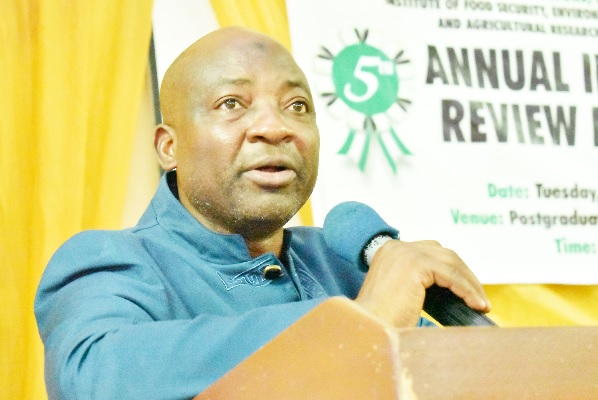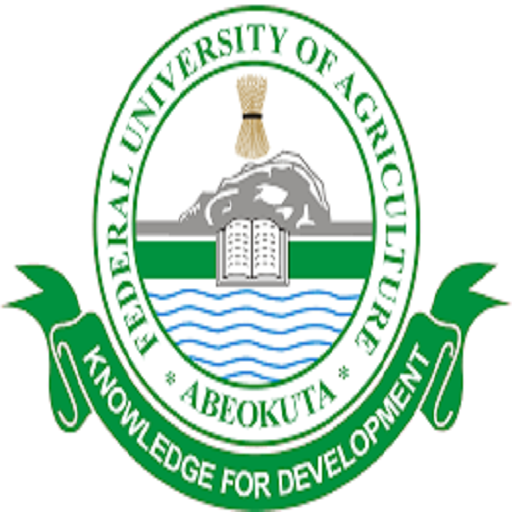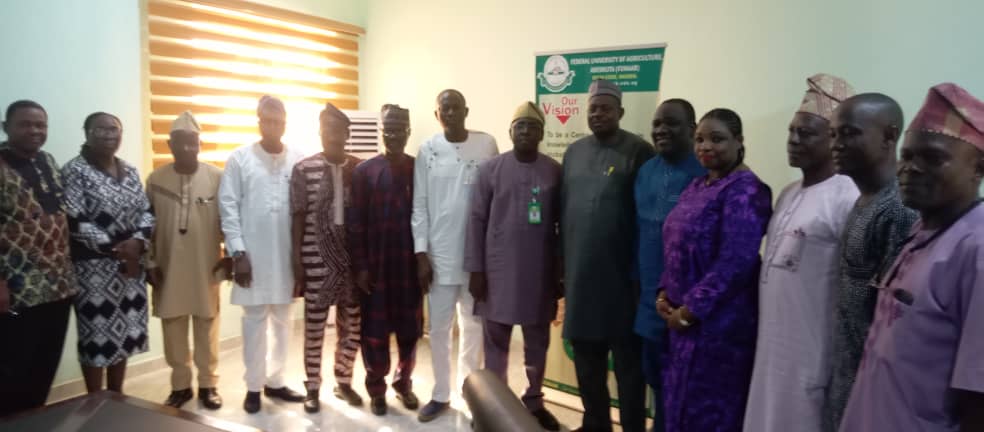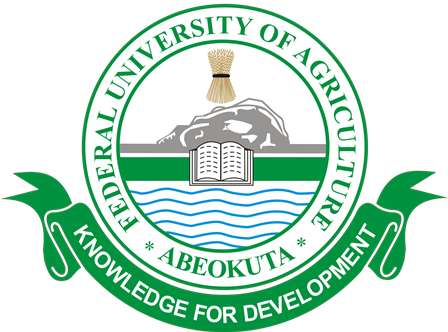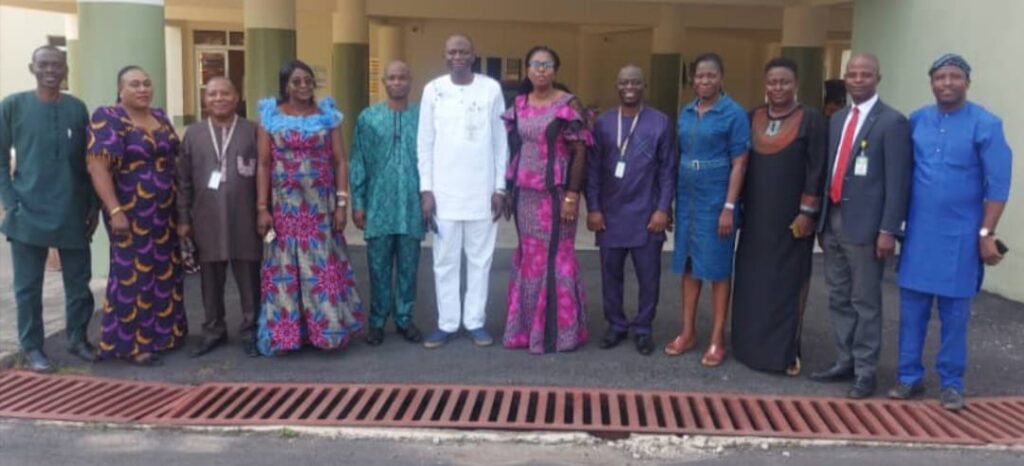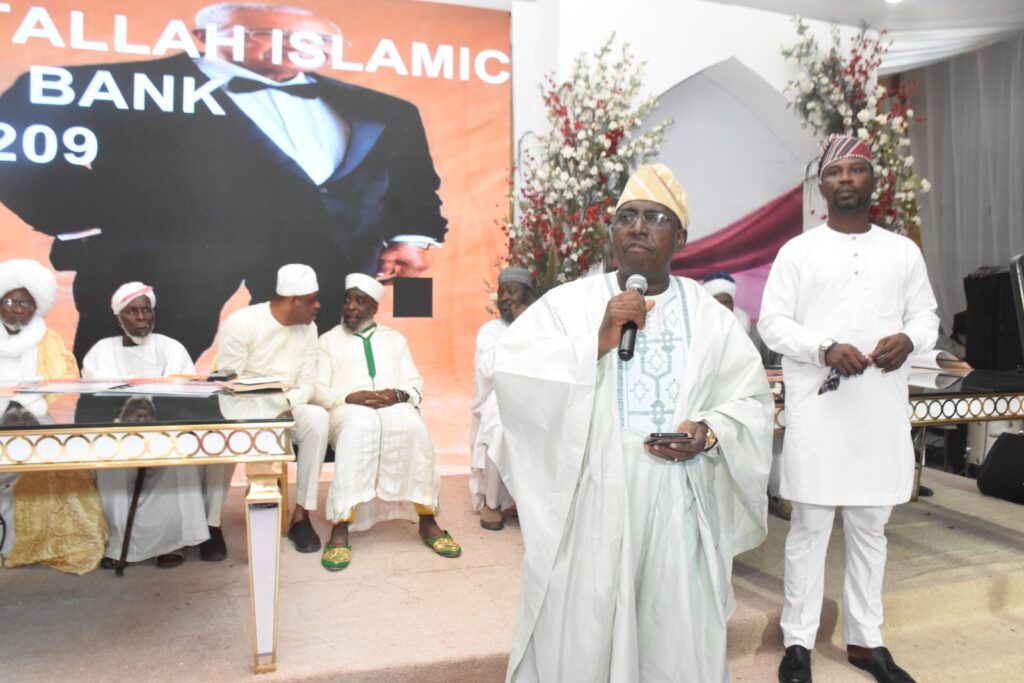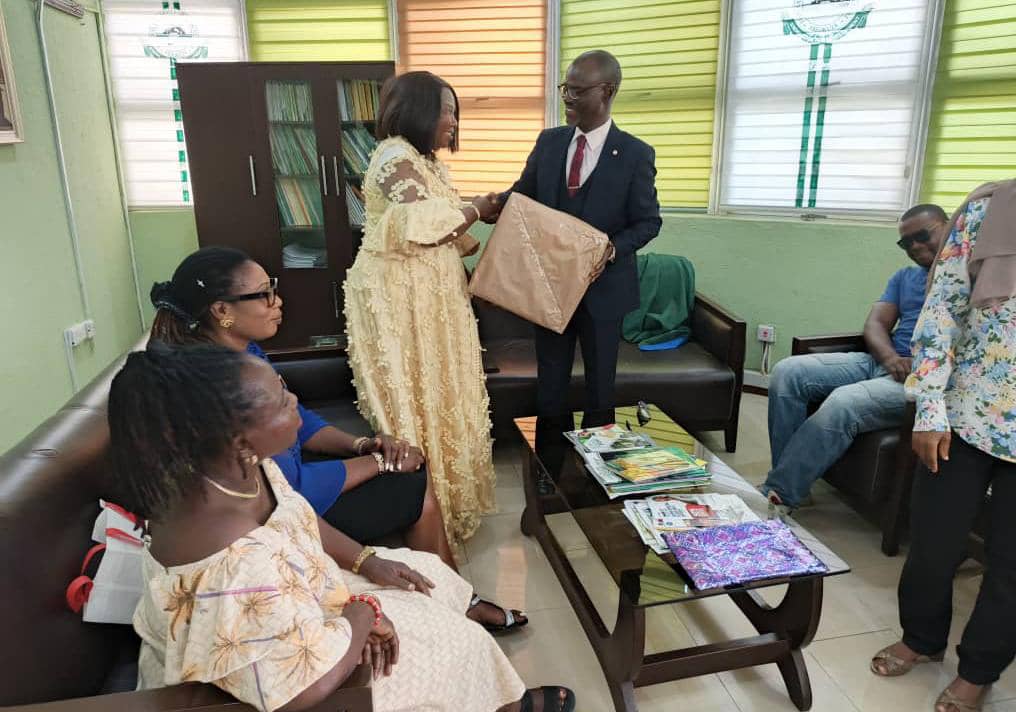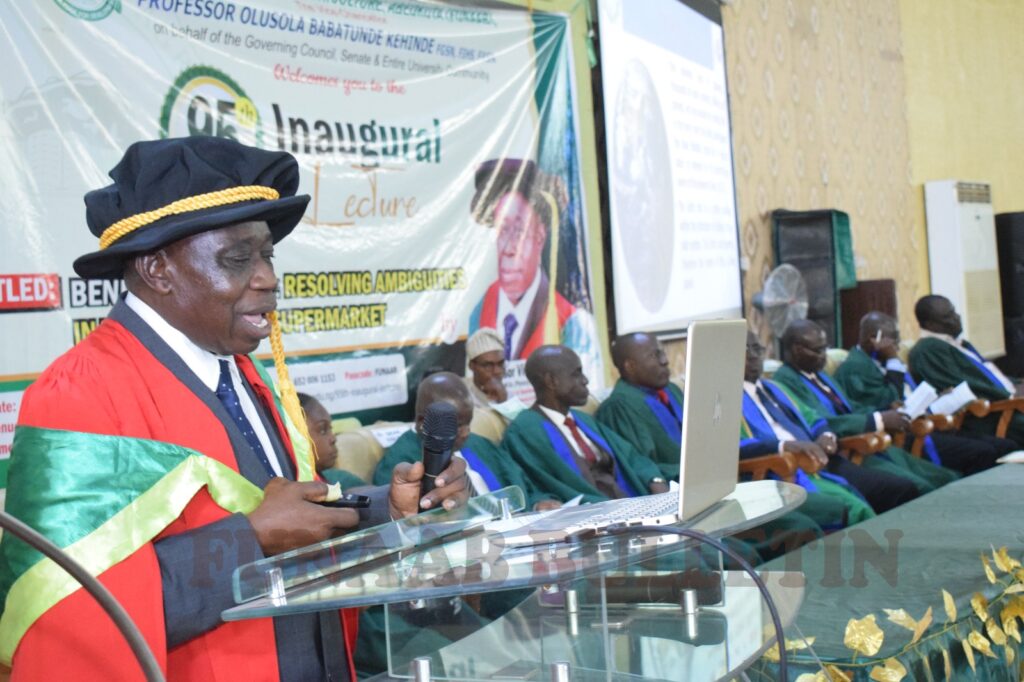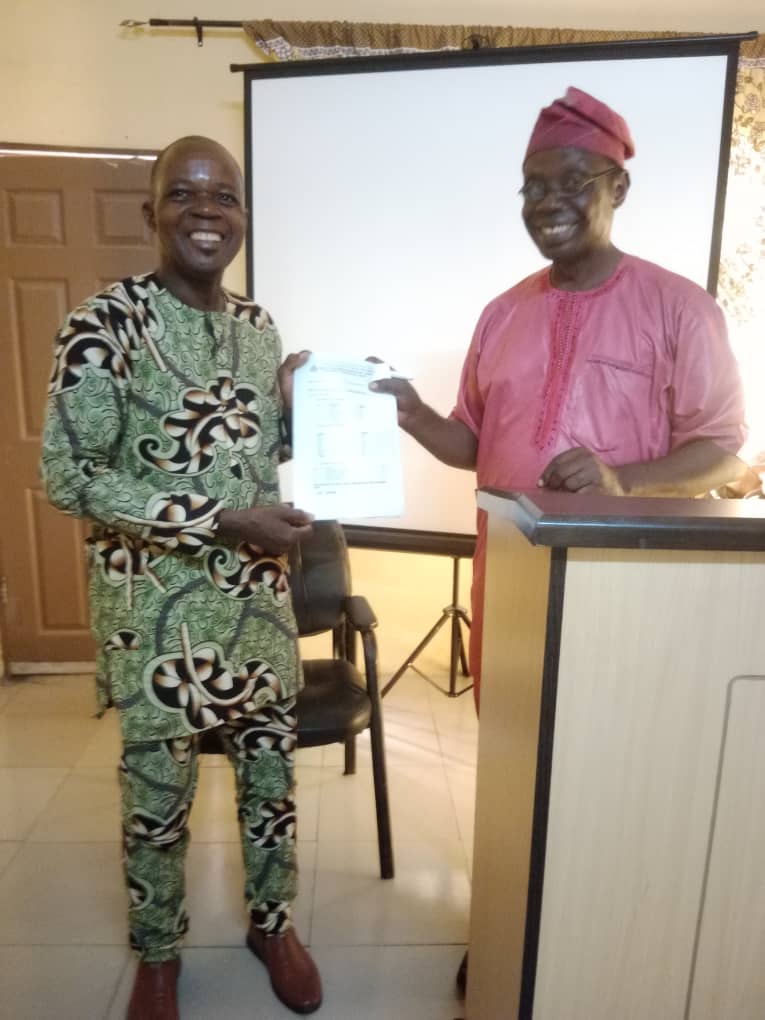The Director, Institute for Agricultural Research and Training (IAR&T), Obafemi Awolowo University, Ibadan, Prof. James Adediran has made a case for the country to return to Agriculture, if she is truly desirous of boosting the economy for the benefit of her citizens.
Professor Adediran made the call while delivering a Keynote Address titled, “Revitalizing The Nigerian Economy Through Sustainable Agricultural Practices” at the 5th Annual In-House Review Meeting of the Institute of Food Security, Environmental Resources and Agricultural Research (IFSERAR) of the University
Recounting the impact of Agriculture on Nigeria’s economy, the Professor of Soil Science who was represented by the Deputy Director, IAR&T, Dr. Jelili Olaide said “In the good days, the impact of agriculture on the economy of the country across regions was so great that in present days we have to marvel and wonder how and where did we go wrong”.
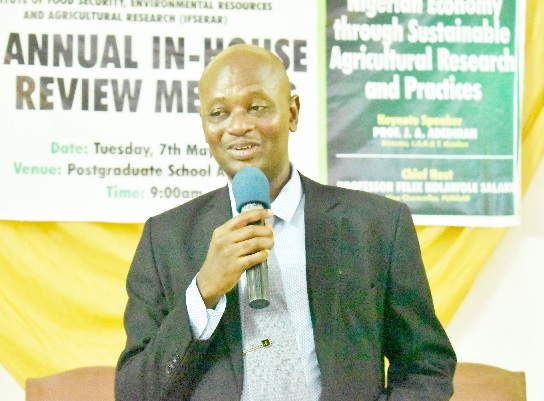
Prof. Adediran highlighted economic achievements of agriculture on each region in the past to include groundnut pyramids and cotton in the North, the wonder of the trade in Cocoa, Coffee, Oil palm and Rubber in the South.
He stated that in the past, agriculture had dominantly played the role of providing food and fibre, employment, income generation, foreign exchange earnings, infrastructural development and significant contribution to the Gross Domestic Product (GDP).
Prof. Adediran observed that it is painful that agriculture is losing its significance in Nigeria as a result of crude oil which the government concentrated on more.
Analysing the decline of agriculture’s contribution to Nigeria’s GDP, the Director, IAR&T disclosed that, “Early 1960’s, agriculture contributed 60% to Nigeria’s GDP, 1970’s the GDP was 49%, 1980’s agriculture contributed 22.2% GDP to the Nigeria’s economy. 2010-2015, agricultural GDP to the nations’ economy was 23.3% and in 2016, agriculture generated 24.5% GDP to the Nigeria economy”.
The Keynote Speaker who affirmed that agriculture is not developing in Nigeria despite different policy frameworks to revitalize agriculture in the country, cited some policies like; National Economic Empowerment and Development Strategy (NEEDS 2004), Federal Government Agricultural policy for private sector led economy as well as poverty eradication initiative through improved productivity of the small holder farmers and many others.
Proffering solution to the revitalisation of agriculture in Nigeria, Prof. Adediran charged States to support the agricultural policies of the Federal Government, noting that there should also be a partnership between Research Institutes on storage.
In her Welcome Address, Director, IFSERAR, Prof (Mrs.) Bamidele Oluwatosin appreciated the University Management for the support given to the Centre, particularly with the purchase of the unmanned Aerial vehicles (Drones) for the Institute.
According to her, “Management recently approved in principle the purchase of unmanned Aerial vehicles (Drones) with the view to train students, and enhance quality environmental research, monitor and secure University facilities”.
Prof. Oluwatosin solicited for constructive suggestions for future In-House Research review meetings while appreciating members of staff of the Institute particularly the Organizing Committee for being very thorough in their activities.
Earlier in his Opening Remarks, the Vice-Chancellor, Prof. Felix Kolawole Salako, represented by the Deputy Vice-Chancellor (Development), Prof. Lateef Sanni charged stakeholders to work tirelessly in order to actualize agricultural policy promotion.
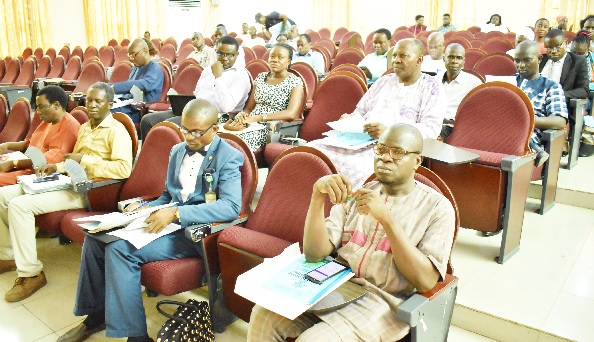
According to the Vice-Chancellor “Everybody must work together to actualizing agricultural policy promotion. When we are talking of policy promotion, we are talking of enhancement of agricultural productivity”.
Prof. Salako identified with the achievement of IFSERAR on Kalahari Red Goat that has now become FUNAAB KALAWAD goat, saying, “When we talk of IFSERAR, we recall the major breakthrough of the Kalahari goat that came from South Africa, that has now become our KALAWAD”.

